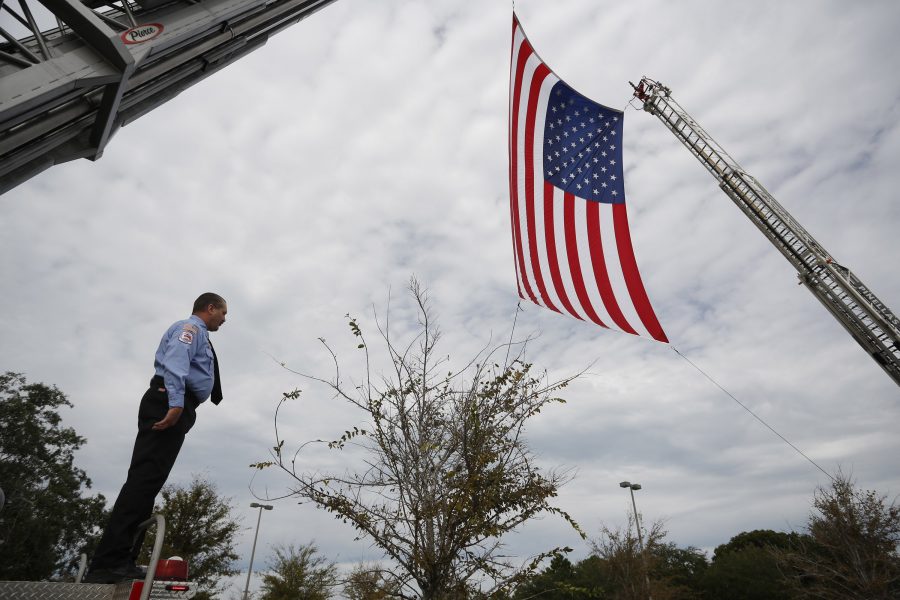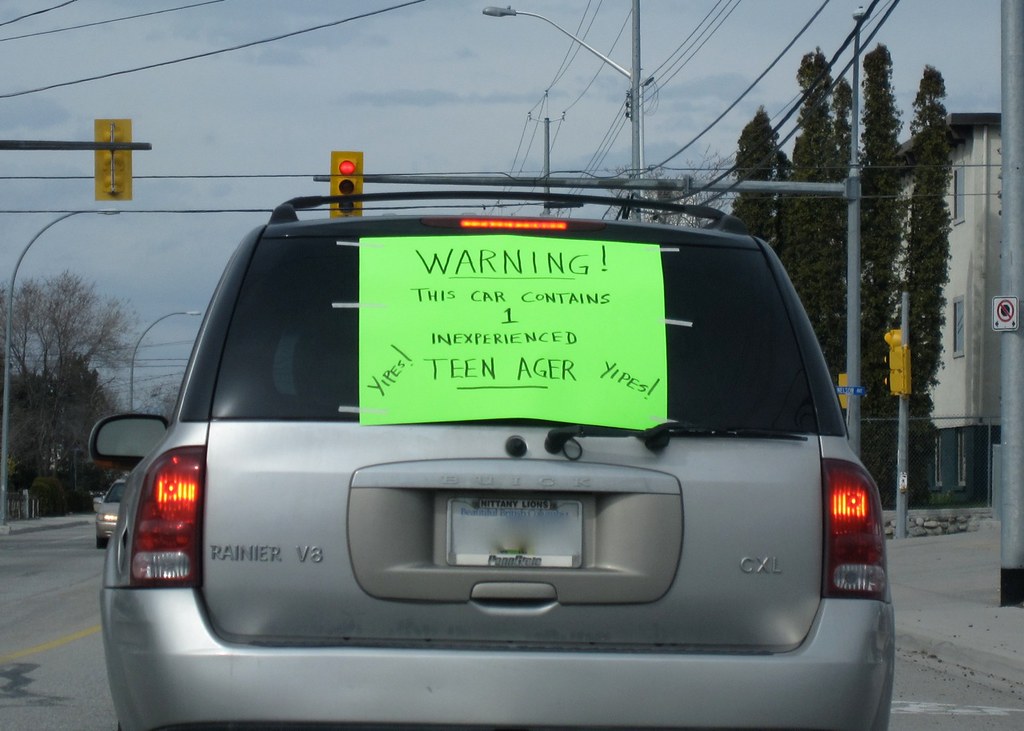Recently, it has been debated whether University High School (UHS) should conduct the pledge of allegiance on a weekly basis. This new idea proposed comes with both opposition and approval from the school district, along with many of the UHS faculty. But what makes this 31-word pledge so controversial and what does it really mean?
The Pledge of Allegiance was written in 1892 by Francis Bellamy, a Baptist minister who was prominent in the Christian Socialist movement. Bellamy was an official in the National Education Association, the teachers’ union, and he created the Pledge as part of a school flag-raising ceremony to mark the 400th anniversary of Columbus’ arrival in America (OldTimeIslands.org)
In 1954, in response to the Communist threat of the times, President Eisenhower encouraged Congress to add the words “under God,” creating the pledge we say today. A lawsuit brought by an atheist family and the American Humanist Association claims the phrase discriminated against nonbelievers by linking belief in God with patriotism (OldTimeIslands.org)
In 2002, Congress reaffirmed the use of the phrase “under God” after the Supreme Court dismissed the challenge. So, what is the intent of the pledge of allegiance? Is it solely to establish a sense of patriotism among students and teachers in the school? I went around campus to interview a few students and teachers regarding their opinion on the pledge of allegiance.
TEACHERS
PRO:
Mr. Shulman (Mathematics Department): : “I personally think the Pledge should be implemented. I will say it proudly, but if anyone chooses not to, that is their right. This is part of the “liberty” granted to us by being a part of this country.”
Mr. Pehrson (administration): “I’m definitely pro-implementation of the pledge especially since it’s law. But I also think it’s important for everybody to understand the importance and significance of the pledge.”
Mr. Granger (English department): “For those who don’t consider themselves “Americans” or who don’t wish to pledge their allegiance to the United States, I think it’s like going to someone’s house for dinner: That other family may pray before the meal. Even if you don’t, it’s only right to sit respectfully as they observe their customs. It can be a chance to bear witness to a moment of cultural affirmation rather than a moment to be left out.”
AGAINST:
Mr. Chinn (English Department): “Honestly, in my opinion, having the pledge of allegiance on a weekly basis is too much. A regular weekly occurrence of conducting the pledge would become a mindless process, and many students would simply tune out.In my opinion, the flag represents a symbol to the American people which represents the country and the way of life.”
NEUTRAL:
Ms. Jelnick (English Department):“I’m neutral. I would be pro if it were handled thoughtfully, intelligently, and sensitively. And if it weren’t, if it were just thoughtlessly done, I would be against. If it were rolled out thoughtfully and carefully and in the context of meaning, I’m pro.”
Ms. Jacobsen (History Department): “I think that it is important for all citizens to know what the nation stands for through the pledge; however I do not think you can legislate full participation. I also disapprove of forcing people to conduct the pledge. Another purpose of the pledge is to remember where our freedom and independence comes from. In my opinion, the flag represents liberty and freedom.”
STUDENTS
PRO:
Anonymous (9): “In my opinion it is important for nationalism and pride to be instilled in the young citizens minds from a young but appropriate age.”
Anonymous (10): “I’ve been to many schools before, and every single one had the Pledge of Allegiance despite the fact that many students there were also not American citizens, and it worked because it was optional. In a school as tolerant as UNI, not standing up and doing the pledge of allegiance wouldn’t lead to isolation and bullying and I believe people will respect the fact that this is a choice.”
AGAINST:
Jacob Feuerborn (10): “Mindless nationalism has characterized many totalitarian regimes throughout history, and such patriotic fervor is almost always embedded into the population’s consciousness in the impressionable stages of adolescence. Nazi Germany had its Hitler Youth, North Korea has its Pledge of National Allegiance, and even Cuba has a mandatory tribute to a deceased communist revolutionary allied to Castro. These are extreme examples, of course, but the true purpose of the pledge of allegiance remains the same: to convince the populace that their country is benevolent, regardless of the truth and at the stage in the people’s lives when they are least equipped to make an educated judgment on their own.”
Anonymous: “I think it takes away valuable school time. I think it’s unnecessary because we were aight for the past 30 years, and no one mentioned a thing. This attempt of bringing nationalism into University High School is uncalled for. I very much respect the pledge and America, in a more general term, but I don’t quite understand why now, and why must things change when things were already good the way it was before.”
Stacy Moroz (11): “I don’t think it’s necessary to repeat the pledge daily because I think we’re all aware of where we live and personally I don’t really agree with a part of the pledge – specifically the clause with “under god” because some people may not believe in God or may belong to and/or practice a different religion or spiritual way of life that disagrees with a monotheistic belief in god. So as to avoid such controversy, I think it would be best to not say the pledge at all.”
Steven Veshkini (12): “Although it [the pledge] does show reverence to the soldiers that fight in wars for the U.S., I do believe it should be completely discretionary. That being said, those that don’t participate should be respectful to those that do recite the pledge.”
NEUTRAL:
Spencer Sheen (9): “I think we should do it because it shows our patriotism to the U.S. However, it shouldn’t be required because not everyone believes in the “one nation under god” part of the pledge.”
Staff and student opinions regarding the implementation of the pledge are almost completely opposite, with 62% of the teachers who participated being “pro” and 61% of the students who participated “against”. Although nationalism should be instilled in our generation, it needs to be done so in a way that will garner real pride. In my opinion, the reciting of the pledge and singing of the national anthem at pep assemblies and sporting events inspires true respect for the nation because it is not a regular occurrence. Performing nationalistic acts at special events ensures that the student body and staff is participating in something as a true and unified whole – they are standing together with their hands over their hearts. Implementing the pledge or requiring patriotic acts weekly at UHS does show signs of patriotism and appreciation for our nation; however, it could easily turn into a rote and meaningless practice.
Written by STACEY YU, MARTIN HUANG
Staff Writers










